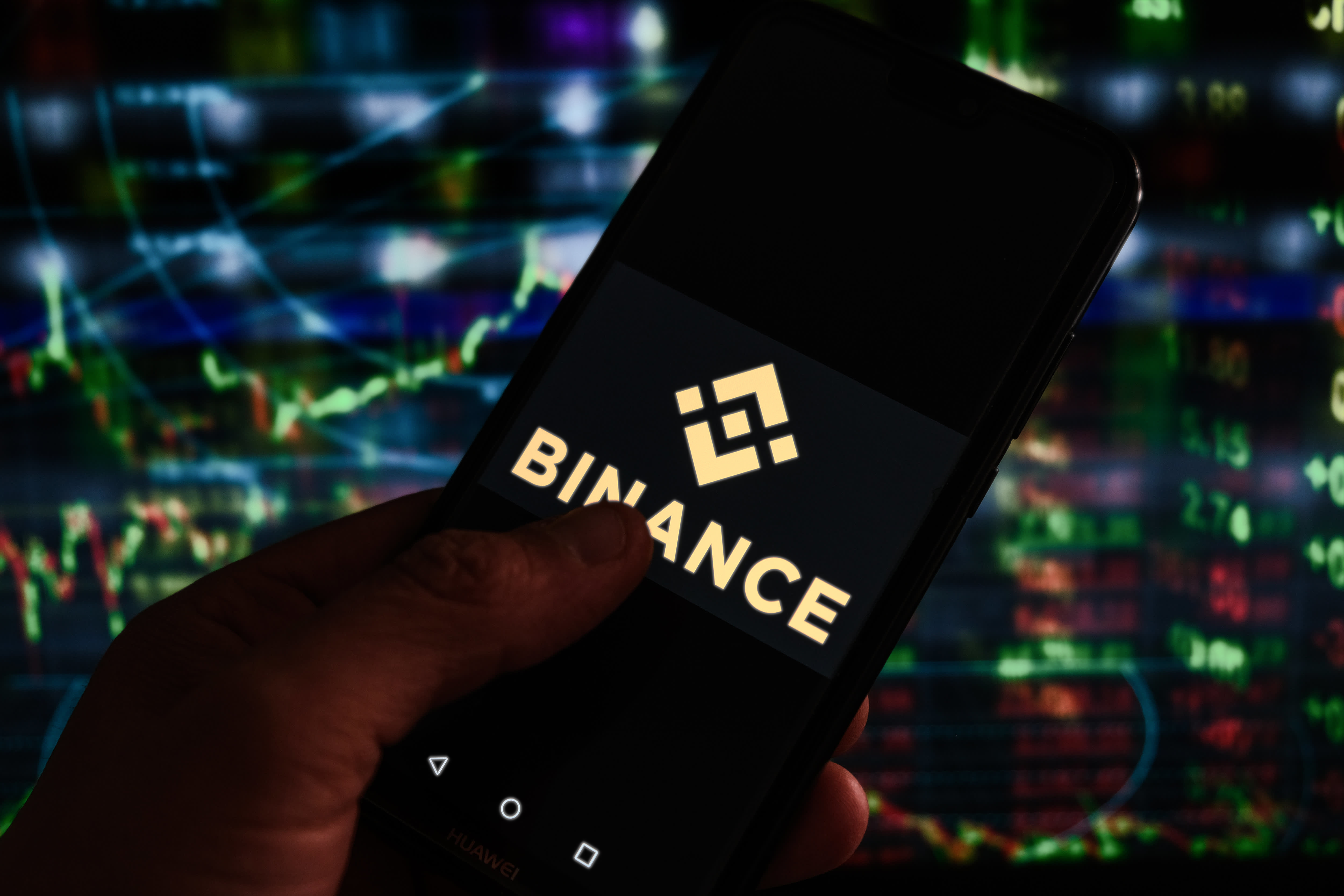Binance, one of the largest cryptocurrency exchanges globally, recently made a significant announcement late Thursday evening via Twitter. The exchange placed the blame on the U.S. Securities and Exchange Commission (SEC), citing “unjustified civil complaints against our company.” Consequently, Binance took proactive measures to disable customers’ ability to buy and deposit U.S. dollars.
The SEC has been closely scrutinizing Binance’s banking transactions and has filed a civil complaint against the exchange and its founder, Changpeng Zhao. The complaint alleges violations of U.S. securities laws. The SEC’s focus extends to Mr. Zhao’s influence over Binance’s U.S. and international branches. It has raised concerns about an international network of offshore holding companies associated with Binance, which, according to the SEC, transferred substantial amounts of assets among themselves. This prompted the SEC to take swift action and file an emergency motion seeking a temporary restraining order. If granted, this order would have frozen Binance’s U.S. dollar holdings, irrespective of the exchange’s actions. It’s worth noting that customers need not worry about losing their funds. Those who failed to withdraw their funds prior to the closure date can theoretically convert them to stablecoins like tether. Subsequently, they can withdraw the stablecoins and convert them back to dollars through alternative channels. However, this development suggests that Binance’s banking partners have deemed the exchange too risky to retain as a client. The SEC case has brought significant revelations that banking partners could no longer overlook.
According to documents provided by Binance to the SEC, the exchange’s U.S. banking partners, including Axos Bank, Cross River Bank, and the now-defunct Silvergate, Signature, and Silicon Valley banks, have collectively processed billions of dollars in transactions for the U.S. arm of the exchange. This information highlights the magnitude of the financial operations associated with Binance and underscores the impact that the ongoing SEC case has had on its banking relationships.
The fallout from these developments is likely to have far-reaching implications for Binance and the broader cryptocurrency market. Binance’s proactive decision to disable dollar transactions signals the exchange’s attempt to navigate the regulatory challenges it faces. The incident serves as a reminder of the increasing scrutiny cryptocurrency exchanges are facing worldwide, emphasizing the need for compliance with financial regulations.
Moving forward, it remains to be seen how Binance will adapt to these circumstances and address the concerns raised by regulatory bodies. As the cryptocurrency industry continues to evolve, it is imperative for exchanges and investors alike to prioritize compliance, transparency, and risk management to foster a healthy and sustainable ecosystem.



